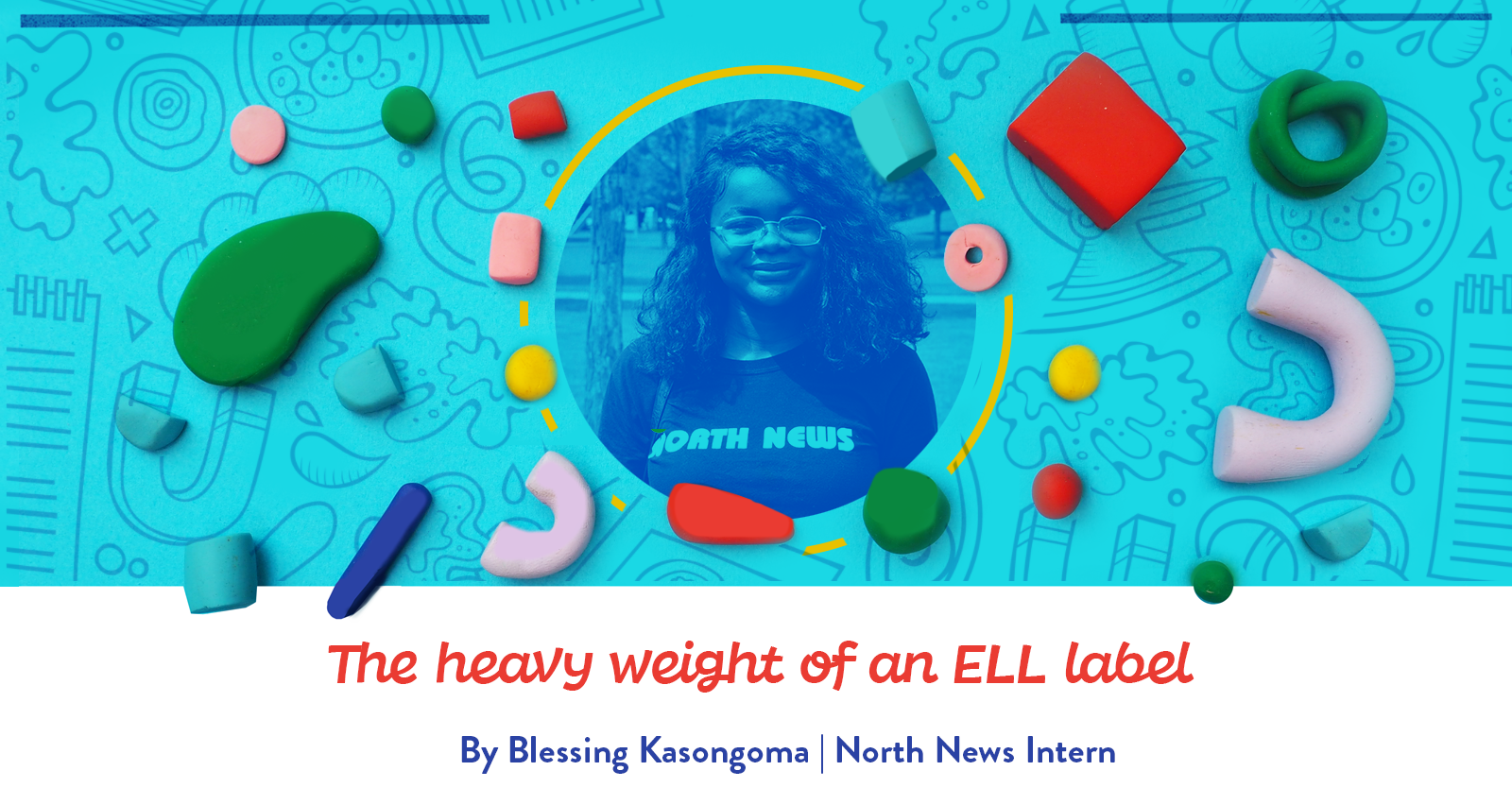

I am a recent immigrant from the Democratic Republic Of Congo. I’m now about to be a senior in high school. I was in English Language Learner (ELL) classes my first two years of middle school, and that experience has hugely impacted my entire education in Minneapolis Public Schools. In my experience, being a former ELL student can feel like a negative shadow that follows you throughout your school career.

My negative ELL experiences began with our different learning environment. ELL students weren’t educated the same way our peers were. My ELL classmates and I were frequently separated from everyone else, and often taken out of classes to work in smaller groups. This method bothered me. I wanted a regular learning experience with the rest of my classmates, and I felt that staying in the classroom would help us adapt more quickly. It was embarrassing to be taken out of class. I felt like other students viewed us as the slow students. I remember the way they looked at us—like we were those people.
I’ve noticed in my school environments that teachers and other students often seem to define ELL students’ intelligence by their English level and their accent. That is a problem.
Once, in physical activity class, our teacher asked us to pair up. The girl that I was partnered with talked to me as if I was a child. The treatment made me feel defenseless and powerless.
These situations—the shame, embarrassment, and frustration of them—pushed me to work harder towards learning English. My eagerness to leave the ELL program was because of those negative experiences. I wanted to prove that I could be in the mainstream class learning like everyone else. My English level improved day by day, and I got withdrawn from my classes for ELL classes less and less. Although my English level continued improving throughout my middle school years, I still felt that it was not enough—that I was not enough.

I don’t want to insinuate that the entire ELL program is bad. It had its benefits. It gives students a head start before stepping into the complete anglophone world. ELL helped me meet other students that were in the same boat as me, and allowed me to help them just as they helped me. We uplifted and helped each other adjust in the new environment. But being a former ELL student makes me feel like I have a label on me that has permitted my peers and teachers to look down on my abilities. I didn’t realize that this label would follow me to high school.
As I understood and learned how the high school system works, I decided to challenge myself by taking some IB classes for the last two years of high school. I went to a counselor to get more insight on how the program works.
I wasn’t expecting to have problems getting into IB English, but my ability and intelligence were once again questioned. My counselor told me that I would not be a good fit for IB English because of my ELL background. He thought that I couldn’t handle it. When I pushed back, he verified with my former English teacher that I was qualified for the class. It was disappointing that he required proof of my abilities that wasn’t required for other students.
As a student, you need guidance and encouragement in new, unsure, and challenging situations from school teachers, counselors, and administrators. I felt like I needed to be pushed, and instead I was discouraged and made to feel incapable.
It takes a lot to learn a new language, let alone following a course in that language. I speak three languages and I managed to pass all my IB classes with A’s.
So, to all my peers, teachers, counselors, and everyone else in education: Please don’t overlook us former or current ELL students. Having an accent, or having learned other languages before English doesn’t make us any less smart than the others. We are capable and talented too.
Contributors